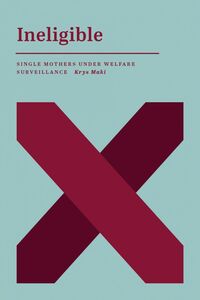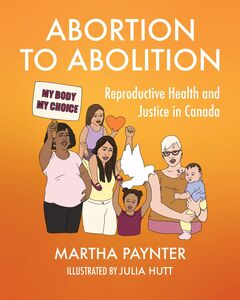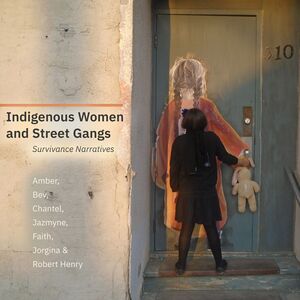
While the poor have always been monitored and surveilled by the state when seeking financial support, the methods, techniques, and capacity for surveillance within and across government jurisdictions has profoundly altered how recipients navigate social assistance. Welfare surveillance has exacerbated social inequality, especially among low income, Indigenous, and racialized single mothers. Krys Maki unpacks in-depth interviews with Ontario Works caseworkers, anti-poverty activists, and single mothers on assistance in Kingston, Peterborough, and Toronto, and employs intersectional feminist political economy and critical surveillance theory to contextualize the ways neoliberal welfare reforms have subjected low-income single mothers to intensive state surveillance. Maki centres their experiences to examine how their status as lone parents prompted fraud investigations and invasive questioning about their relationship status, and triggered investigations by other governing bodies such as child welfare agencies. This book also examines the moral and political implications of administering inadequate benefits alongside punitive surveillance measures. Despite significant restraints, anti-poverty activists, caseworkers, and recipients have discovered individual and collective ways to resist the neoliberal agenda.
Book details
-
Publisher
-
Original text
Yes -
Language
English -
Publication date
-
Page count
231 -
Theme
About the author
Krys Maki
Krys Maki is an activist scholar specializing in mixed-methods community-based participatory research. They currently work as the research and policy manager at Women’s Shelters Canada, a national network of violence against women shelters based in Ottawa, Ontario.






